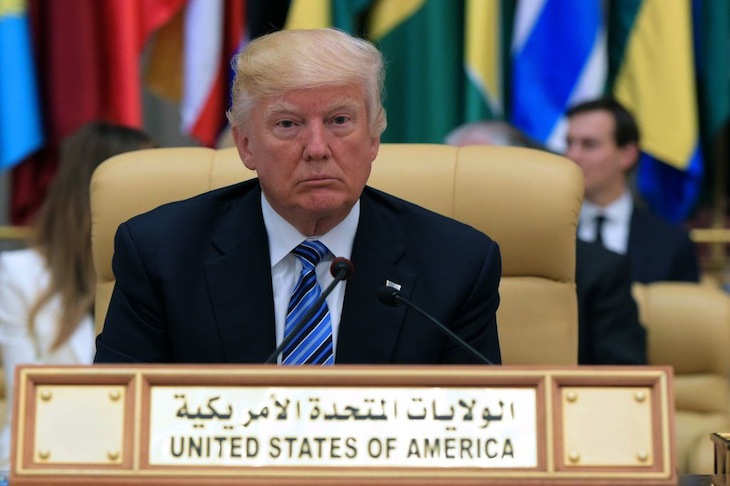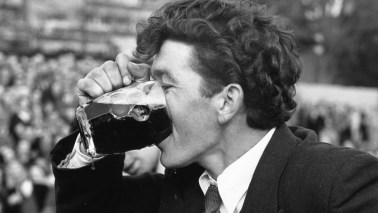In the 1990s film The Usual Suspects, the detective character explains how to spot a murderer. You arrest three men for the same killing and put them in jail. The next morning, whoever’s sleeping is your killer. That’s because the nightmare of being on the run is over. It’s a relief to be caught. ‘You get some rest: let your guard down, you follow?’ I sometimes wonder if it’s the same for leaders arrested for crimes against humanity, a Karadzic or a Milosevic — and whether President Assad of Syria has the same feeling of being hunted. It’s true he has won the civil war and might think his position is secure. Yet there are several ways he might one day end up facing a war crimes prosecution.
These thoughts are prompted by news from the city of Homs. The regime disclosed that an opposition activist known as Jeddo had died in prison. He was from a suburb of Homs called Baba Amr, which was one of the first parts of the country to fall under rebel control, the ‘cradle of the revolution’. Every foreign journalist who went there knew him. Before the revolution, he’d had a shop selling vegetables. When street protests started, he picked up a video camera and became a ‘citizen journalist’. His real name was Ali Othman, but a few premature lines on his weathered face had earned him the nickname Jeddo, or Al Jed, ‘the grand-father’. He had jug ears, a ready, gap-toothed smile, and absolutely no fear of death.
In February 2012, the regime began a relentless artillery attack on Baba Amr. Al Jed took us out in his little Suzuki jeep to have a look. The air was filled with a terrible sound of booms and crashes — the government shells — and a constant crackle of rifle fire — the rebels, using almost the only weapons they had.







Comments
Join the debate for just $5 for 3 months
Be part of the conversation with other Spectator readers by getting your first three months for $5.
UNLOCK ACCESS Just $5 for 3 monthsAlready a subscriber? Log in